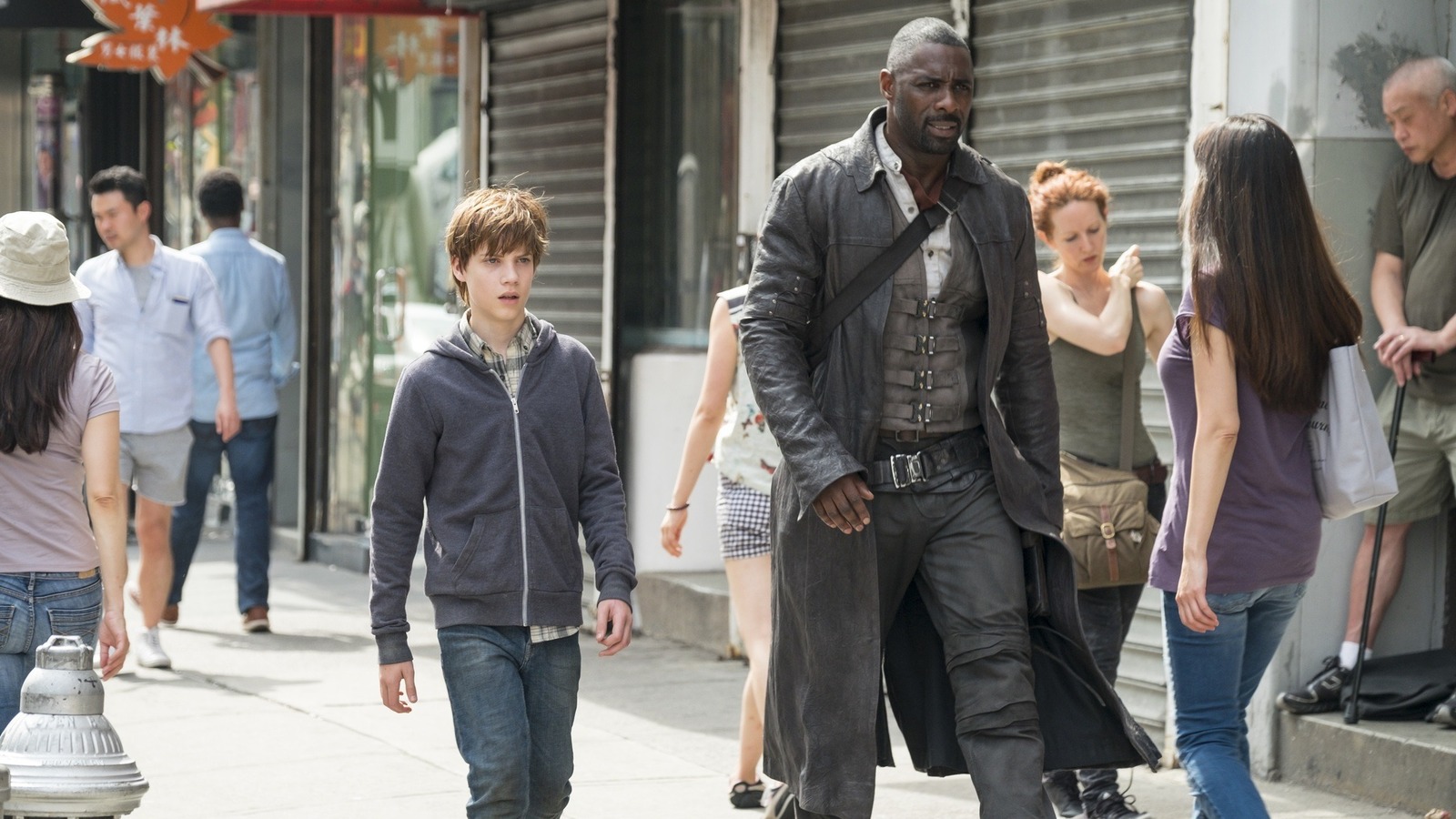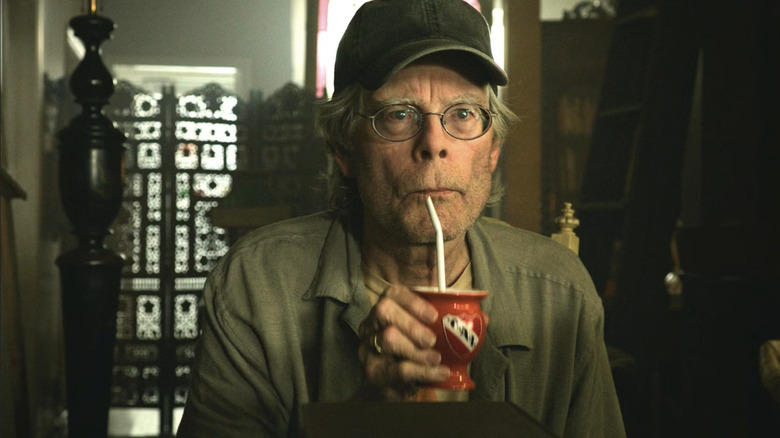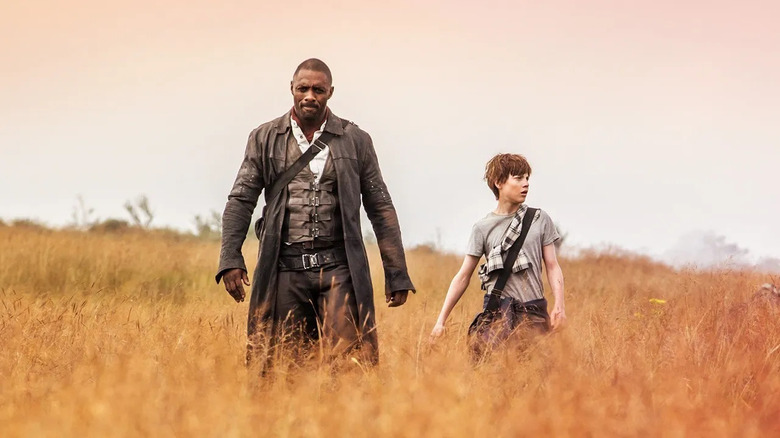upcoming TV adaptation of “The Dark Tower” is that the book series it’s based on is uniquely personal for the horror master. In his introductions and afterwards for the novels, he’d describe the series as something that was channeled through him in mysterious ways; it was often effortless in a way he didn’t feel with his other novels.
King’s spiritual approach to the “Dark Tower” series led to some questionable story choices, like his decision to base the fourth book around a 500-page flashback to Roland’s childhood. From a Writing 101 perspective, this was a bad idea. But the way King talked about it, it didn’t seem like he had a choice. Ka (the Gilead High Speech word for “fate”) decreed the massive flashback had to be there, and who was King to argue with Ka?
Apparently, Ka also decreed that the third book in the series, “The Waste Lands,” needed to conclude on the most egregious cliffhanger of King’s career. It ends with the main characters trapped in a giant sentient train, one that plans to derail itself unless the characters beat it in a game of riddles. How do the characters manage to out-riddle the highly-intelligent train? “The Waste Lands” doesn’t tell you. Readers had to wait until the start of the next book, “Wizard and Glass,” to find out if (and how) the main character survive.
Back in the ’90s, readers were pissed. This was the first time King had left the readers on such an incomplete note, and he added insult to injury by taking six years to release the next novel. For the first time, his approach of “I’ll get around to the sequel when Ka says it’s time” no longer seemed charming to his constant readers.



